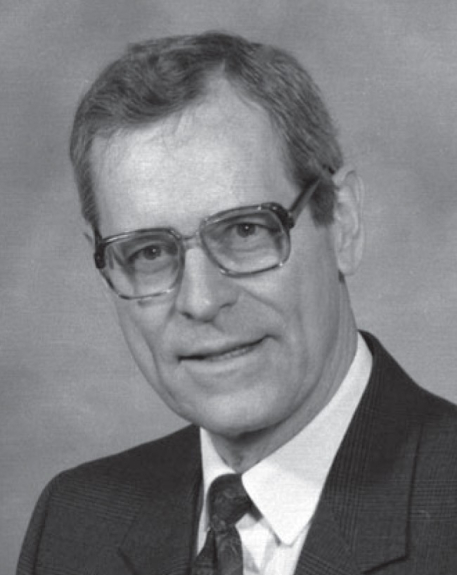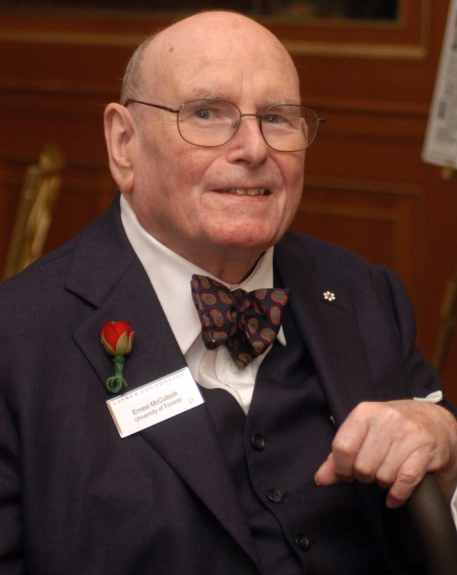2010 INDUCTEE Phil Gold, MD PhD Cancer
September 17, 1936
(Montreal, Québec)
MDCM, McGill University (1961)
PhD, McGill University (1965)
2022: McGill University Medal
2019: Honorary DSc, University of British Columbia
See All AwardsAwards & Honours:
2022: McGill University Medal
2019: Honorary DSc, University of British Columbia
2019: Grand Officer of the National Order of Quebec
2018: Honorary DSc, Queen’s University
2016: Commander of the Order of Montréal
2012: Queen Elizabeth II Diamond Jubilee Medal
2004: American Association for Clinical Chemistry (AACC) Edwin F. Ullman Award
2002: Queen Elizabeth II's Golden Jubilee Medal
1992: National Cancer Institute of Canada R.M. Taylor Medal
1992: 125th Anniversary of the Confederation of Canada Medal
1989: Officer of l’Ordre nationale du Québec
1986: Member of the Academy of Great Montrealers
1986: FNG Starr Award, Canadian Medical Association
1986: Companion of the Order of Canada
1985: Izaak Walton Killam Memorial Prize
1982: Manning Innovation Award for Development of a Cancer Blood Test
1978: Gairdner Foundation International Award
1978: Officer of the Order of Canada
1978: Johann Georg Zimmerman Prize for Cancer Research
1977: Fellow of the Royal Society of Canada
1977: Queen Elizabeth II Silver Jubilee Medal
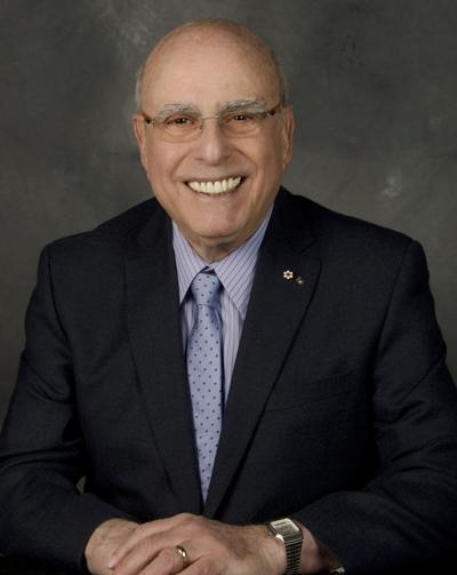
Discovered the carcinoembryonic antigen (CEA) and shaped the modern era of cancer immunology
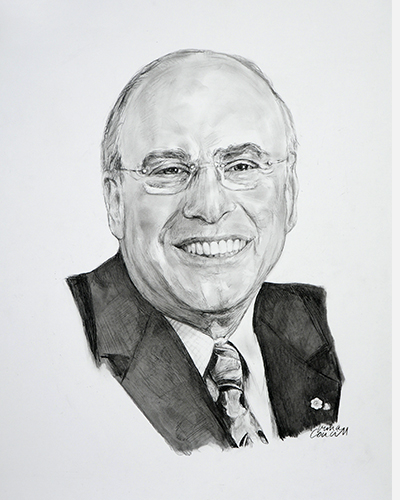
An inspirational educator and a ground-breaking scientist in cancer research
Dr. Gold and his colleague Dr. Samuel Freedman are credited with the groundbreaking discovery of carcinoembryonic antigen (CEA), the first clinically-useful human tumour marker and one that is found in 70% of cancer patients. It was a concept-shifting discovery and helped shape the modern era of cancer immunology. Through this work, Dr. Gold is credited for developing the field of Human Tumour Marker Biology. Perhaps Dr. Gold’s most outstanding quality is related to what he loves best – teaching. Dr. Gold cares deeply about his students and residents. This attitudes combined with his passion for medicine and science, means that no student ever forgets a session with him.
Key Facts
Demonstrated CEA was found in embryonic and fetal tissue, which initiated the field of Oncodevelopmental Biology
The discovery of CEA aided in the creation of the first serological test available for diagnosing cancer in the human digestive tract
Published more than 100 articles and is one of the most cited authors in scientific journals
Raised extraordinary sums of money for the medical community
Was instrumental in establishing national programs aimed at inspiring the next generation of clinician-scientists
Professional timeline
Impact on lives today
Dr. Gold’s legacy can been seen every time a CEA diagnostic test is employed. It remains the world’s most frequently used blood test in oncology and is the standard against which other human tumour makers are measured. Significantly, Dr. Gold has not only provided the scientific advances that continue to fuel research questions today, his impact is also felt in the institutions he helped to build. Over forty years later, Dr. Gold’s original dream of creating a first-rate cancer centre by centralizing the efforts of McGill University and its affiliated hospitals has been realized. Today, the MCC is one of the top cancer research institutes in the country and its research continues to bring new insights to cancer treatment and care.
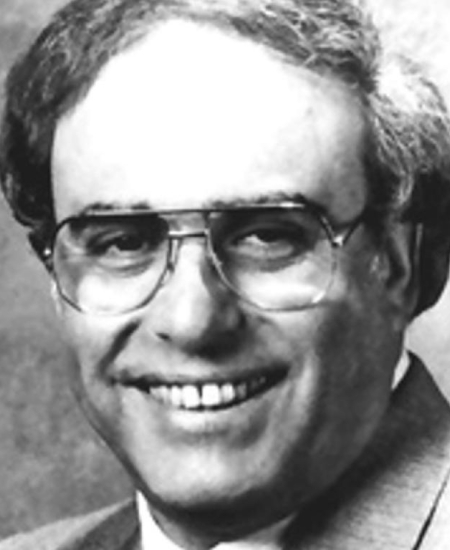
2026
-
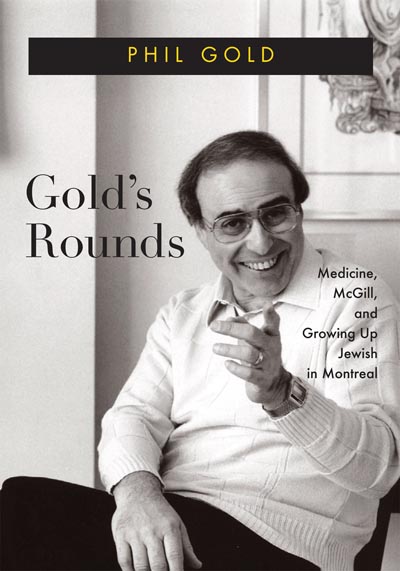
Dr. Gold publishes his autobiography: Gold’s Rounds
Dr. Phil Gold's autobiography tells the story of one remarkable man's journey
-
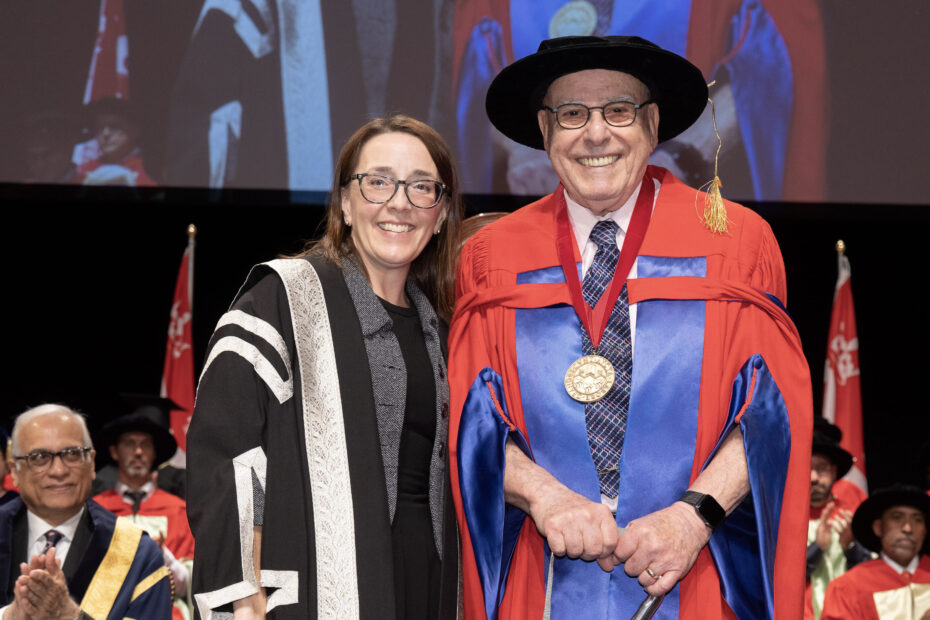
Dr. Phil Gold awarded the McGill University Medal for Exceptional Academic Achievement
-
Phil Gold inducted into the Canadian Medical Hall of Fame
Calgary, Alberta
-
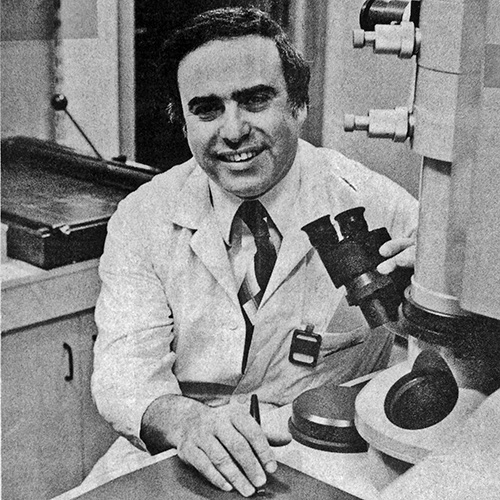
Dr. Gold became Executive Director of the Clinical Research Centre of the Research Institute at the McGill University Health Centre
Leadership in Organizational Development, Health and Medical Education & TrainingHe was also appointed the Douglas G. Cameron Professor of Medicine, and Professor in Departments of Physiology and Oncology at McGill University.
-

Dr. Gold returned to the Montreal General Hospital as Physician-in-Chief
Patient Care, Health and Medical Education & TrainingAs Physician in Chief of the MGH he assumed overall responsibility for patient care, teaching and research within the hospital.
-
Dr. Gold established and became the inaugural director of the McGill Cancer Centre
Cancer, Leadership in Organizational DevelopmentThe MCC was the first such University-based Department of Oncology in North America.
-
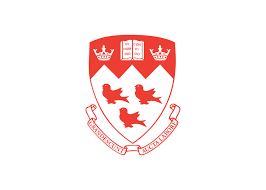
Dr. Gold returned to the Montreal General Hospital and McGill University as an Assistant Professor of Medicine
Health and Medical Education & TrainingBy 1977, he was appointed Director of the Division of Clinical Immunology and Allergy.
-
Dr. Gold traveled to New York City to pursue training at its Public Health Research Institute
As a Centennial Fellow of the Medical Research Council of Canada, Dr. Gold remained there for a year before returning to Canada.
-
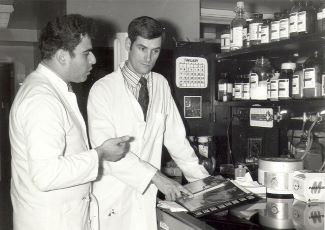
Along with Samuel Freedman, a noted allergist and immunologist, Dr. Phil Gold published the ground-breaking discovery of CEA
CancerThe marker today remains the most frequently used blood test in oncology.
-
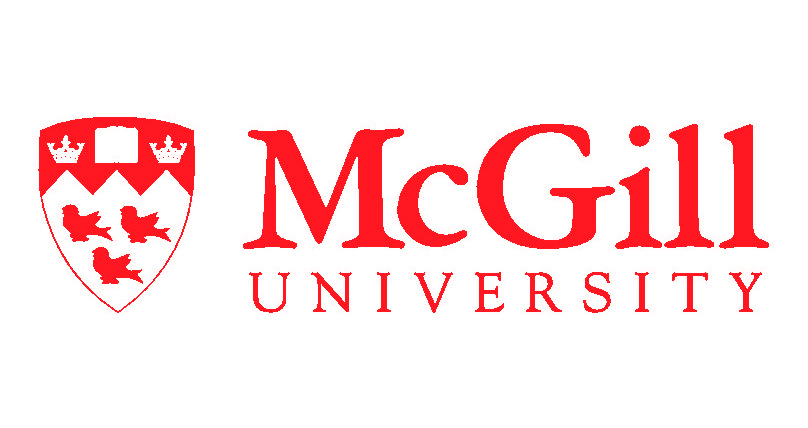
After a year of rotating internships and year-long residence in general medicine, Dr. Gold decided to pursue a PhD
He spent the next two years in the laboratories of the McGill University Medical Clinical at the Montreal General Hospital.
-
Dr. Gold graduated from medical schools, accompanied by numerous prizes
Among these was the Wood Gold Medal for First Place High Aggregate Standing in the Final Year.
1961
The one thing I’ve never given up is teaching.

